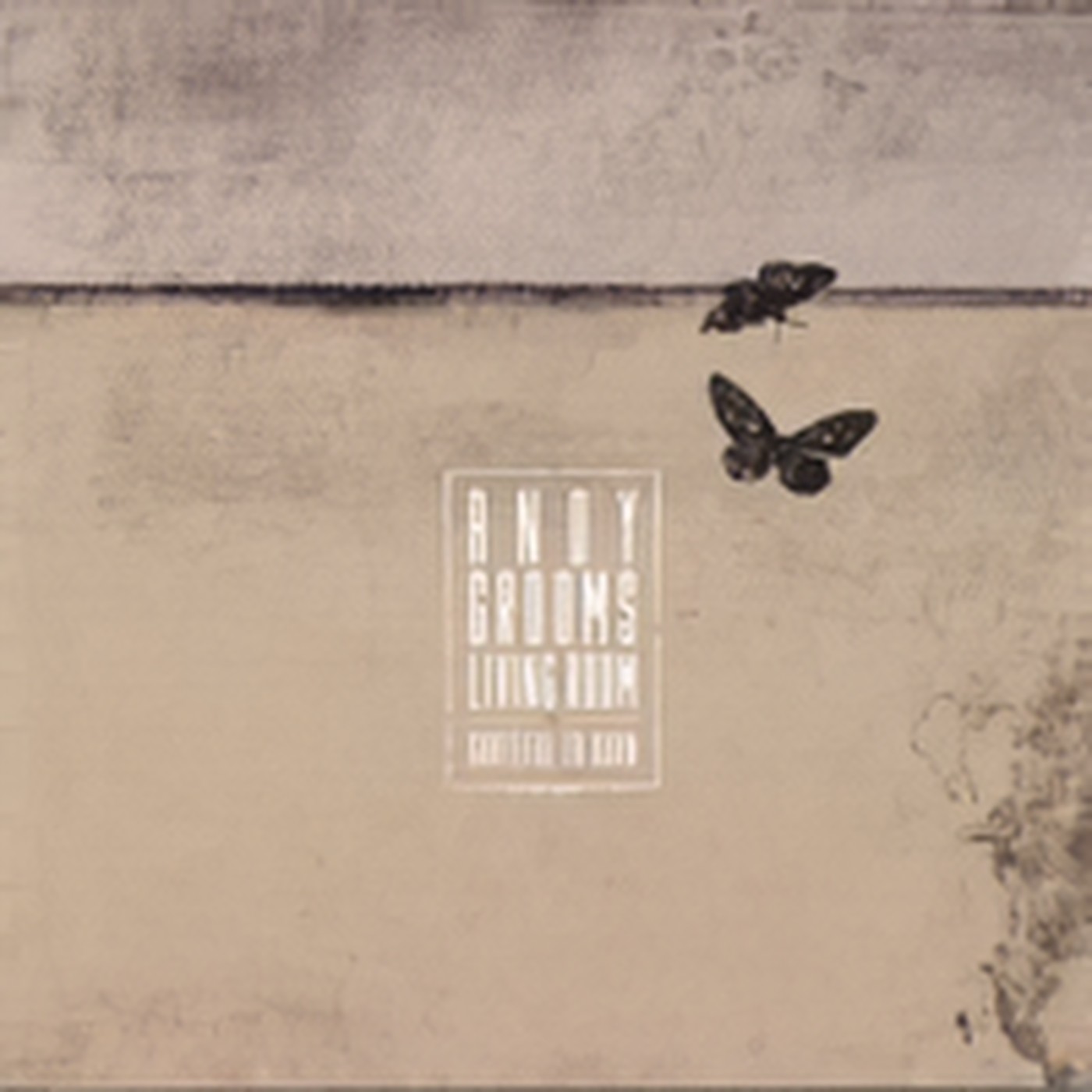Whether you knew it or not, Luke White has probably been a fixture in some of your favorite Memphis bands. He’s played integral roles in Snowglobe, The Pirates, Spiral Stairs (Pavement’s Scott Kannberg), Colour Revolt, James and the Ultrasounds, Clay Otis, Jeffery James and the Haul, The Coach and Four, Sons of Mudboy, Harlan T. Bobo and Rob Junklas, among others.
Now, as William Luke White, he’s making his debut as a band leader and solo artist. But going solo doesn’t have to mean going it alone. He’s assembled a few of the city’s best rock and roll players to create an EP of rare energy and hope.
It’s especially moving for friends and colleagues of Luke, as he has tried to come to grips with some setbacks in physical health. Returning home from a West Coast tour supporting Spiral Stairs’ We Wanna Be Hyp-No-Tized in June 2019, Luke had a massive seizure in his apartment. He woke up four days later to find out that he had a cancerous brain tumor that needed to be removed. The successful surgery took place August 13th at LeBonheur.
In truth, that final surgery was the culmination a long process of recovery and healing. Over recent months, White has been seen at musical events (before quarantine), or on social media, at times in recording studios. As it turns out, he was putting the finishing touches on material that he had started working on before his seizure.
As he notes in a statement: “I decided to put out these songs I had recorded a while back that were basically finished and started talking to Tim Regan about releasing them on his Nine Mile Records label. I sent him the tunes I had and work got underway. I just want these songs to see the light of day and want to reclaim the date from my accident. Tim Regan and Tommy Kha, photography and artwork, have been with me since my seizure and it has been an amazing collaboration that is exactly what I needed.”
The result is a shot in the arm of these doldrum-plagued times. All notions of ill health or angst are swept away with the opening bass riff of “(Tell Me) Where Ya From From,” full of four-on-the-floor pounding drums, Jim Spake’s skronking baritone sax, and chiming background vocals courtesy Jana Misener and Krista Wroten. Eventually, some Steve Cropper-esque guitar fills show up as well. It’s a grand old time and a brilliant shot across the bow for White’s return.
The first single, “Glory Line,” spotlighted in visual artist Tommy Kha’s music video that was released today, is more contemplative, evoking shades of power pop, Americana, and even a touch of wistful Joni Mitchell, as he sings “I’m flying 20,000 miles an hour and without getting closer/My heart is radiating, I just hope you can feel it.”
William Luke White’s Triumphant Return to Music
Then it’s once more onto the dance floor with the perfect upbeat power pop of “Love In a Cage,” which actually makes such a prospect sound fun. If the Smiths cut an album at Stax, ca. 1986, this might have been the result.
And then White gets contemplative again with “My Worst,” but it’s a driving contemplation and catchy as hell. Throughout, White’s voice is in fine form, by measures both vulnerable and roaring, as needed, and sits perfectly in the shimmering guitar jangle and big beats, as background vocals sing the title words in what could be a Big Star sample.
But it’s not a sample, and all the more glorious for being so alive. As is William Luke White. And for that we are thankful.
William Luke White’s eponymous debut EP is available Friday, October 2, from Nine Mile Records.

